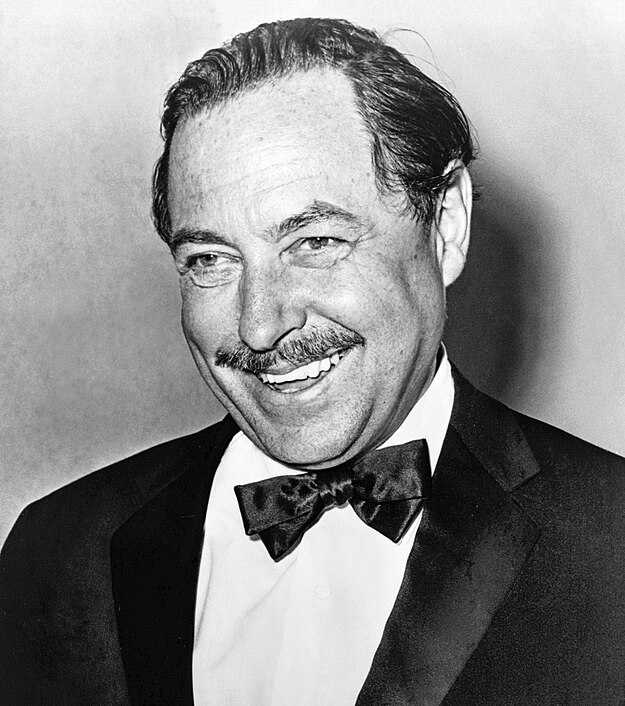Bromide is a tranquilizer, not a painkiller (as far as I know) --well, not a killer of physical pain. It is a painkiller inasmuch as Cathy is experiencing acute emotional pain right now in this chapter.
This is an interesting chapter, largely built on flashbacks, of both characters and events, triggered by Cal's visit. She is afraid of him, and she recalls other instances of fear. There's a problem here, though. I've wondered it on previous readings, sensing a short sight of Steinbeck's, but I think I've got it now. Cathy is terrified (that tame fear of one well-acquainted with the emotion--such an acquaintance as can only be had not by frequent, but CONSTANT, fear--and who possesses great self-control), and the fear comes from those who know something about her or who are clever enough to put two and two together. If she just left, it would be done, and she could start over again. So here is the only question for this chapter:
Why does Cathy Ames--Kate--not skip town with her cash and find a new life and freedom in, as she repeats in her mind, New York and remain in her little Gollum's cave, where she is susceptible to the dangers of those she fears?
This is an interesting chapter, largely built on flashbacks, of both characters and events, triggered by Cal's visit. She is afraid of him, and she recalls other instances of fear. There's a problem here, though. I've wondered it on previous readings, sensing a short sight of Steinbeck's, but I think I've got it now. Cathy is terrified (that tame fear of one well-acquainted with the emotion--such an acquaintance as can only be had not by frequent, but CONSTANT, fear--and who possesses great self-control), and the fear comes from those who know something about her or who are clever enough to put two and two together. If she just left, it would be done, and she could start over again. So here is the only question for this chapter:
Why does Cathy Ames--Kate--not skip town with her cash and find a new life and freedom in, as she repeats in her mind, New York and remain in her little Gollum's cave, where she is susceptible to the dangers of those she fears?

